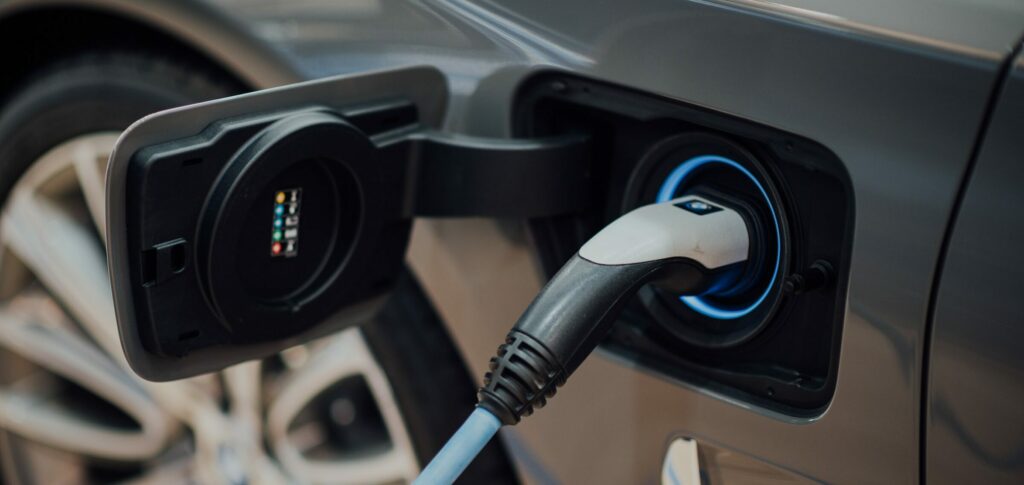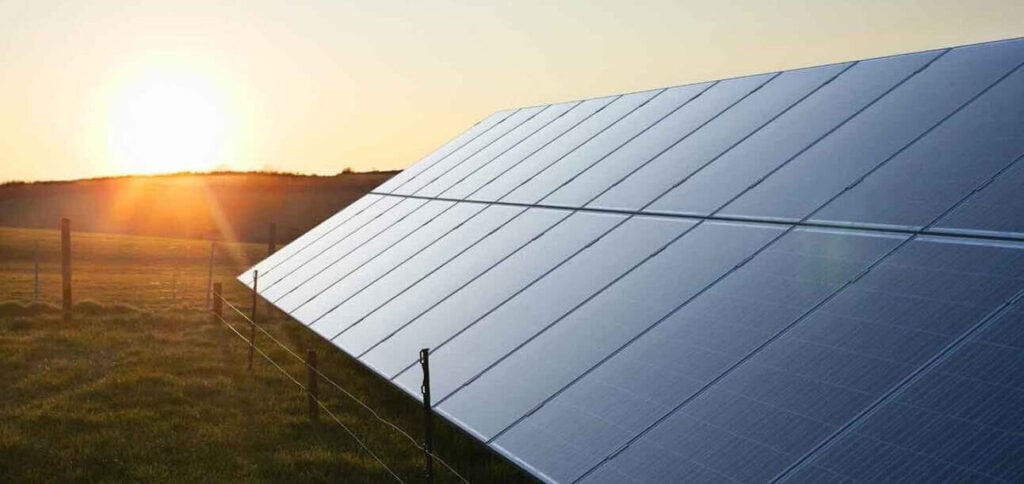Second the study (🇬🇧), unless U.S. dependence on cars in cities drastically decreases, the transition to lithium battery powered electric vehicles by 2050 will deepen global environmental and social inequalities linked to mining – and may evenpromehave the goal of global warming 1,5°C.
ADVERTISING
On the other hand, research from the Climate and Community Project and the University of California – shared exclusively with the newspaper The Guardian (*) – reveals that ambitious investment policies in mass transit, walkable towns and cities, and robust battery recycling in the US would reduce the amount of extra lithium needed in 2050 by more than 90%.
Still according to the study, no matter the path chosen, the US will achieve zero-emission transportation by 2050. But the speed of the transition – as well as who benefits and who suffers from it – will depend on the number and size of electric vehicles ( and batteries) that Americans choose to move forward.
@curtonews A new study reveals that the transition of #U.S for electric vehicles powered by lithium batteries may cause damage to the #environment ♬ original sound – Curto News
Read also
(🇬🇧): content in English
(*): Content in other languages translated by Google Tradutor
(🚥): may require registration and/or subscription

Receive news and newsletters do Curto News by Telegram e WhatsApp.
ADVERTISING




